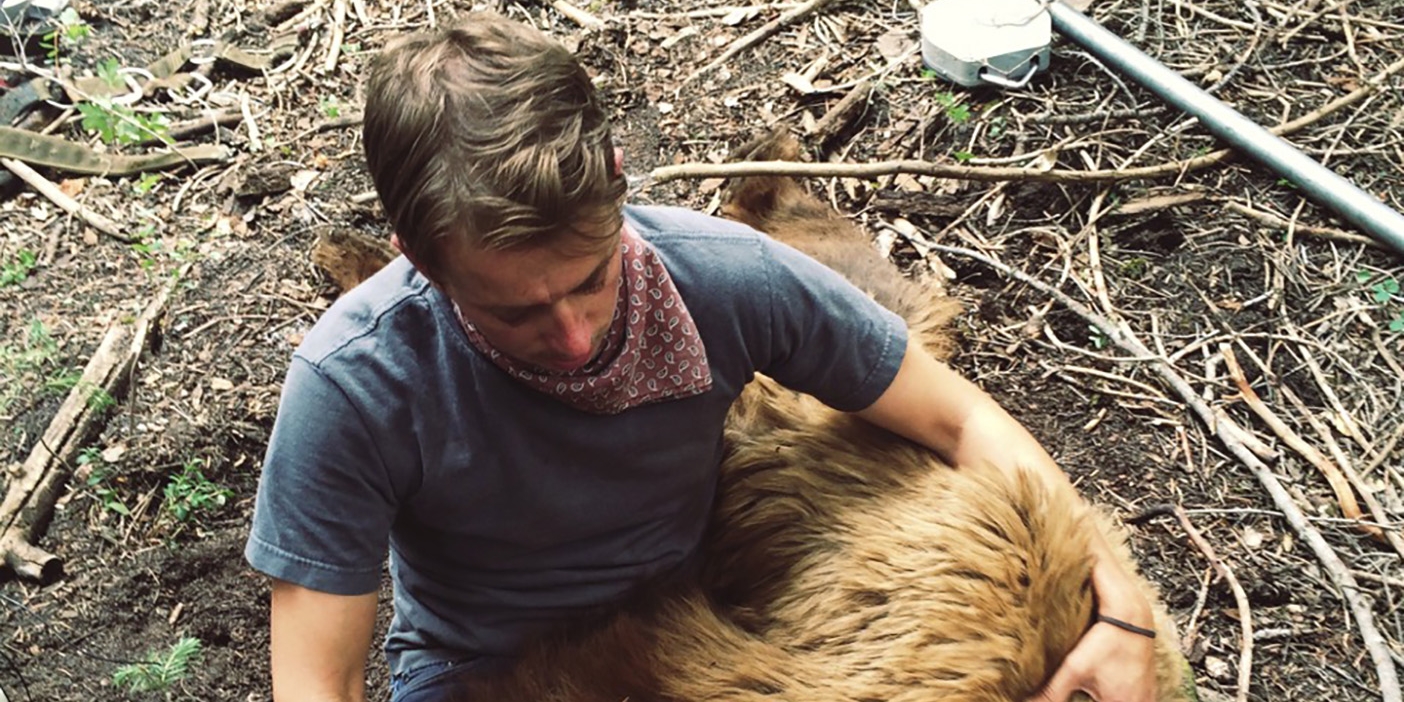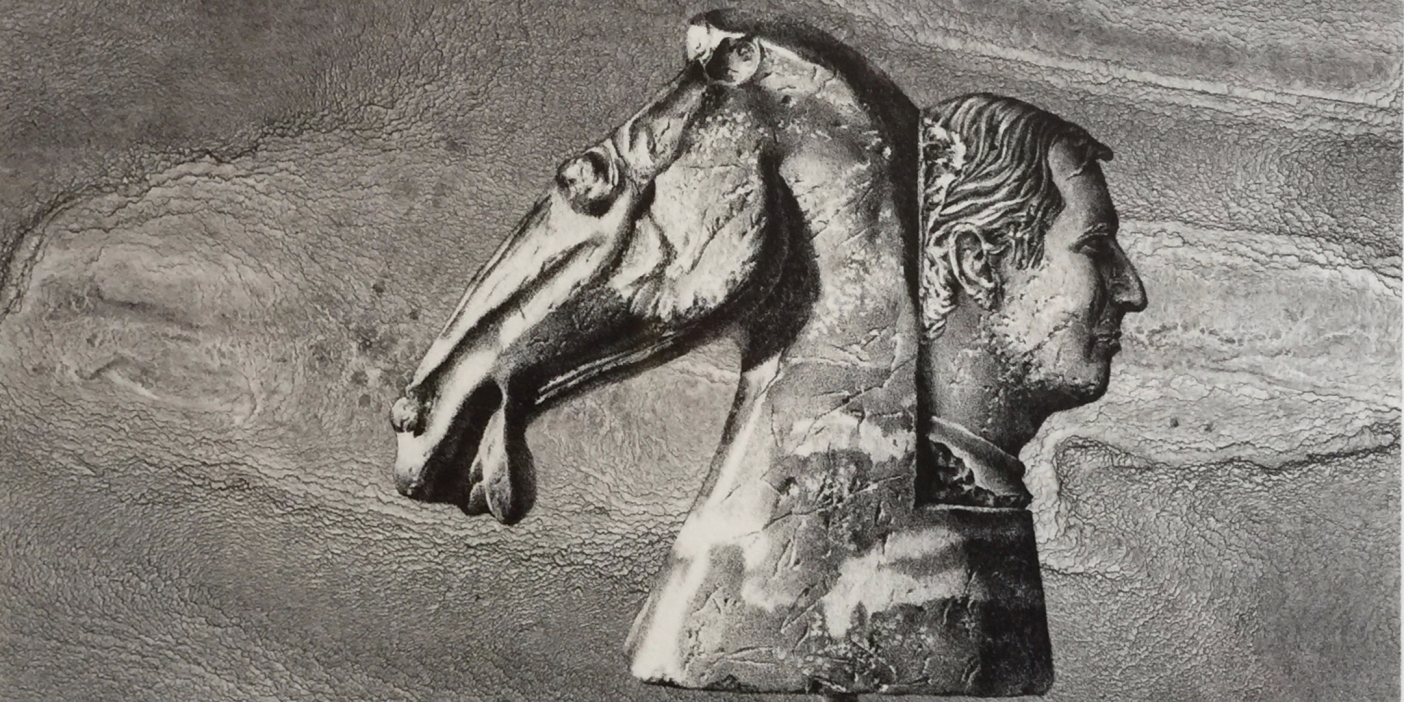BYU’s cybersecurity crew is leading the charge toward a gender-balanced field.
With only 15 minutes left on the clock, BYU’s cybersecurity team is all systems go. Attempting to gain last-minute points, they’re heatedly battling hackers, who are throwing every possible obstacle their way: threatening to crumble their firewall, knock down their network, and take over their websites. Carrying a cord across the room to get into their router, team members crash through the wires on the floor and accidentally knock their power cord loose. They frantically plug back in and wait five minutes for their system to reboot.
At the end of a grueling eight hours, BYU’s team settles for a close second in the National Collegiate Cyber Defense Competition. Given that only 10 of 180 teams made it to the national level, the finish was “quite an achievement for the whole lab,” says information technology professor and cybersecurity lab director Dale C. Rowe.
And though they didn’t win, BYU garnered national media attention for another reason: the competition drew only seven women among its 80 participants, and four of those were from BYU.
According to the Global Information Security Workforce Study, women make up just 10 percent of the information security workforce, but in BYU’s cybersecurity lab, women are well represented and thriving. Two years ago Rowe began more actively recruiting women for BYU’s information technology program and his lab, which now has eight women and three men. “Research productivity took off” since women joined the team, he says. “I think women more naturally keep a broader eye on what’s going on around them. In security, a lot of it’s about making those connections.”
“It’s just a natural synergy when both genders are working together.” —Dale Rowe
Additionally, Rowe and his students run a free annual cybersecurity summer camp for girls 12–15 in hopes of sparking an interest in the field. It’s an effort recent cybersecurity team captain Laura C. Wilkinson (BS ’16) is passionate about. There are times her confidence falters when she’s outnumbered by men, she says, but “it’s much more refreshing [when there are] multiple girls.”
And having more women has benefited the lab’s dynamic in other ways, says teammate Jonathan M. Mercado (BS ’14, MS ’16): “The spunk . . . that these particular women have . . . helps me to lighten up and have fun.”
The fact that BYU brought more than 50 percent of the female constituency to the competition, says Rowe, is “both impressive and also very sad,” adding that a move toward a more balanced field is essential. “It’s just a natural synergy when both genders are working together,” he says.












